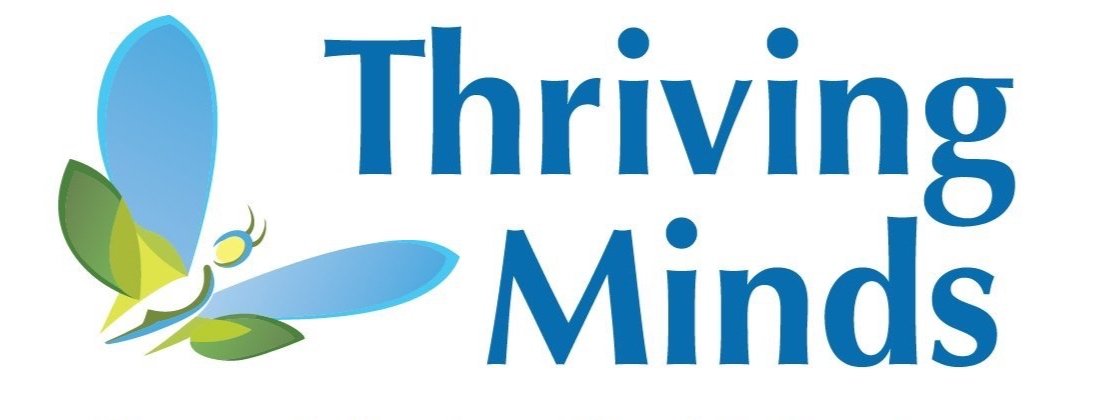It Takes a Village: How Parent Networks Accelerate Progress in SM Treatment
Treatment for selective mutism is a multimodal, all-hands-on-deck experience, with significant input from clinicians, teachers, peers, family, community members, and — most importantly — parents. Given parents’ critical role in fostering bravery and promoting speech across environments, it is helpful to consider what support parents may require in order for them, in turn, to best support their children. A recent international study did just that, identifying five broad categories of common issues faced and four broad categories of support needs identified by 70 parents of children with SM (Yamanaka et al., 2024). This article reviews those findings, discussing how parent support networks can contribute to addressing those issues and meeting those needs.
Challenges
The issues parents identified fell into one of five groups: (1) regret over delayed initial response, (2) school non-attendance in children with SM, (3) inadequate support from teachers, (4) inconsiderate communication lacking empathy from others, and (5) communication barriers leading to bullying and social isolation. As we head into the summer months, parental support networks can be particularly helpful in addressing issues (4) and (5).
Communication Lacking Empathy
For children with selective mutism (especially those who are at the beginning of treatment or have not yet started), most speech demands are going to present some sort of challenge. Furthermore, many people in the community are still unfamiliar with what selective mutism is or how to handle it, which can lead to insensitive comments that make communication even more difficult and thus less successful. Parents may unintentionally further the cycle of avoidance by speaking for their children or not encouraging them to participate in certain activities in an attempt to protect their kids from uncomfortable and potentially hurtful interactions. Other parents experiencing the same difficulties in their communities are well-positioned to empathize with these concerns and be more intentional in their communication with children who have SM, which ultimately helps create opportunities to break the cycle. Additionally, engaging with other parents of children with SM for scripted speech exposures or other brave practices can reduce parent anxiety due to shared understanding and increased experience with concepts like wait time, forced-choice questioning, exposure ladders, and accommodation.
Bullying and Social Isolation
Children can react poorly when faced with situations that they don’t understand or that are different from what they’re used to. At times, this may lead to bullying and other insensitive behavior, which furthers the social isolation that can occur for kids with selective mutism due to communication barriers. Parents can attempt to mitigate some of this isolation through their relationships with other parents: first by explaining selective mutism to other parents, who can then provide their children with more context for the behavior they do not understand, and then by setting up playdates with other families, which are excellent opportunities for brave practices with peers.
Supports
The support needs parents identified fell into one of four groups: (1) places for consultation and obtaining information, (2) growth in the number of supporters who understand SM, (3) opportunities to improve knowledge about SM, and (4) specific methods for SM improvement. Luckily, parental support networks can be useful for providing all of the above.
Places for Consultation and Obtaining Information
There is a great deal of information about selective mutism available, but it can be hard to know where to start. Other parents can provide recommendations for clinics, online resources, virtual and in-person support groups, and events that they’ve found beneficial for obtaining helpful information about selective mutism. These suggestions can simplify the information gathering process and foster confidence in the quality of the information received.
Growth in the Number of Supporters Who Understand SM
The most salient benefit of growing a support network with other SM parents is the mutual understanding: they’ve had the same questions, experienced the same worries, and are working towards the same overall goals. They won’t require extensive explanation regarding SM or as much adjustment in their speech prompts. In fact, other parents of children with SM are going to be some of the best supporters parents can find.
Opportunities to Improve Knowledge about SM
Beyond providing referrals for sources of clinical information regarding selective mutism, engaging with other parents can also provide opportunities to observe and understand different presentations of selective mutism (i.e. anxious, anxious-oppositional, or anxious-communication delayed). Furthermore, other parents may be excellent sources of evidence-based information themselves, particularly if they have been consulting with clinicians and engaging in treatment for more time. Shared knowledge is power!
Specific Methods for SM Improvement
At any stage of their child’s brave journey (and especially at a plateau), parents may find themselves looking for additional ways to facilitate growth and elicit more speech. Anecdotal information from other parents about strategies and brave practices that their children have enjoyed or experienced success with can provide new ideas that reinvigorate the treatment process. Including variety in the exposure ladder can be particularly helpful for maintaining continued buy-in and treatment progress.
Now that we’ve established all of the potential benefits of parent networks, you may be wondering where to find one. There are a number of communities online and on social media (like Facebook) where parents with selective mutism can connect with each other. Additionally, the Selective Mutism Association offers a list of US support groups for parents in Connecticut, Illinois, Minnesota, New Hampshire, New Jersey, Pennsylvania and Missouri. Whether virtual or in-person, parent support networks are an immensely valuable resource for parents of children with selective mutism. As the summer break begins, consider using a parent network to continue striving for bravery with your child!
Yamanaka, T., Koyama, H., & Inoue, M. (2024). Parental issues and support needs in selective mutism in Japan: A quantitative content analysis. Yonago Acta Medica, 67(4), 303-313.

